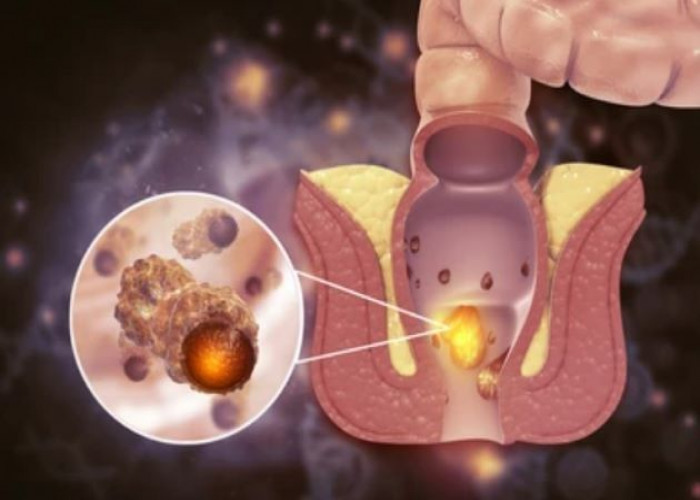 Welcome
Welcome
“May all be happy, may all be healed, may all be at peace and may no one ever suffer."
Anal cancer

Anal cancer is a type of cancer that affects the anus, the opening at the end of the rectum through which stool leaves the body. It is a relatively rare form of cancer, but its incidence has been increasing in recent years.
Risk factors for anal cancer include a history of human papillomavirus (HPV) infection, a weakened immune system, and a history of certain types of cancer, such as cervical or vulvar cancer. Other risk factors include smoking, heavy alcohol consumption, and receptive anal intercourse.
Symptoms of anal cancer can include pain or discomfort in the anus, bleeding or discharge from the anus and a lump or mass in the anal area.
Diagnosis of anal cancer typically involves a physical examination, a review of the person's medical history, and a variety of tests, including a biopsy of the affected tissue. Treatment may include surgery, radiation therapy, and/or chemotherapy, depending on the extent and severity of cancer.
If you are experiencing symptoms that may be indicative of anal cancer, it is important to see a healthcare provider as soon as possible. Early detection and prompt treatment can greatly improve outcomes and increase the chances of a successful outcome.
Research Papers
Disease Signs and Symptoms
- Anus bleeding
- Itching or irritation in the anal region
- Anal itching may be associated with redness, burning and soreness.
Disease Causes
Anal cancer
Anal cancer forms when a genetic mutation turns normal, healthy cells into abnormal cells. Healthy cells grow and multiply at a set rate, eventually dying at a set time. Abnormal cells grow and multiply out of control, and they don't die. The accumulating abnormal cells form a mass (tumor). Cancer cells invade nearby tissues and can separate from an initial tumor to spread elsewhere in the body (metastasize).
Anal cancer is closely related to a sexually transmitted infection called human papillomavirus (HPV). Evidence of HPV is detected in the majority of anal cancers. HPV is thought to be the most common cause of anal cancers.
Disease Prevents
Disease Treatments
What treatment you receive for anal cancer depends on the stage of your cancer, your overall health and your own preferences.
Combined chemotherapy and radiation
Doctors usually treat anal cancer with a combination of chemotherapy and radiation. Together, these two treatments enhance each other and improve chances for a cure.
- Chemotherapy. Chemotherapy drugs are injected into a vein or taken as pills. The chemicals travel throughout your body, killing rapidly growing cells, such as cancer cells. Unfortunately they also damage healthy cells that grow rapidly, including those in your gastrointestinal tract and in your hair follicles. This causes side effects such as nausea, vomiting and hair loss.
- Radiation therapy. Radiation therapy uses high-powered beams, such as X-rays and protons, to kill cancer cells. During radiation therapy, you're positioned on a table and a large machine moves around you, directing radiation beams to specific areas of your body to target your cancer.
- Radiation may damage healthy tissue near where the beams are aimed. Side effects may include skin redness and sores in and around your anus, as well as hardening and shrinking of your anal canal.
You typically undergo radiation therapy for anal cancer for five or six weeks. Chemotherapy is typically administered during the first week and the fifth week. Your doctor tailors your treatment schedule based on characteristics of your cancer and your overall health.
Though combining chemotherapy and radiation increases the effectiveness of the two treatments, it also makes side effects more likely. Discuss with your doctor what side effects to expect.
Surgery
Doctors typically use different procedures to remove anal cancer based on the stage of the cancer:
- Surgery to remove early-stage anal cancers. Very small anal cancers may be removed through surgery. During this procedure, the surgeon removes the tumor and a small amount of healthy tissue that surrounds it.
- Because the tumors are small, early-stage cancers can sometimes be removed without damaging the anal sphincter muscles that surround the anal canal. Anal sphincter muscles control bowel movements, so doctors work to keep the muscles intact.
- Depending on your cancer, your doctor may also recommend chemotherapy and radiation after surgery.
- Surgery for cancer that hasn't responded to other treatments. If your cancer hasn't responded to chemotherapy and radiation, your doctor may recommend a more extensive operation called abdominoperineal resection, which is sometimes referred to as an AP resection. During this procedure the surgeon removes the anal canal, rectum and a portion of the colon. The surgeon then attaches the remaining portion of your colon to an opening (stoma) in your abdomen through which waste will leave your body and collect in a colostomy bag.
Immunotherapy
Immunotherapy uses your immune system to fight cancer. Your body's disease-fighting immune system may not attack your cancer because the cancer cells produce proteins that make them undetectable by the immune system cells. Immunotherapy works by interfering with that process.
Immunotherapy treatments are generally reserved for people with advanced anal cancer.
Supportive (palliative) care
Palliative care is specialized medical care that focuses on providing relief from pain and other symptoms of a serious illness. Palliative care specialists work with you, your family and your other doctors to provide an extra layer of support that complements your ongoing care. Palliative care can be used while undergoing other aggressive treatments, such as surgery, chemotherapy or radiation therapy.
When palliative care is used along with all of the other appropriate treatments, people with cancer may feel better and live longer.
Palliative care is provided by a team of doctors, nurses and other specially trained professionals. Palliative care teams aim to improve the quality of life for people with cancer and their families. This form of care is offered alongside curative or other treatments you may be receiving.
Disease Diagnoses
Disease Allopathic Generics
Disease Ayurvedic Generics
Disease Homeopathic Generics
Disease yoga
Anal cancer and Learn More about Diseases
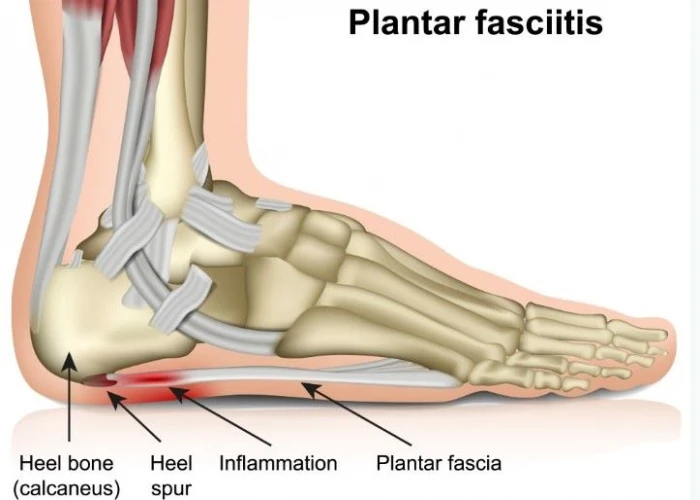
Plantar fasciitis

Trichotillomania (hair-pulling disorder)
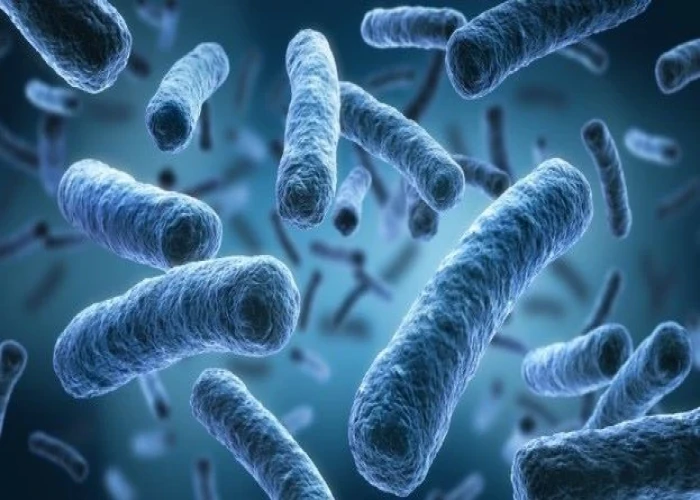
Microscopic colitis

Erysipelas
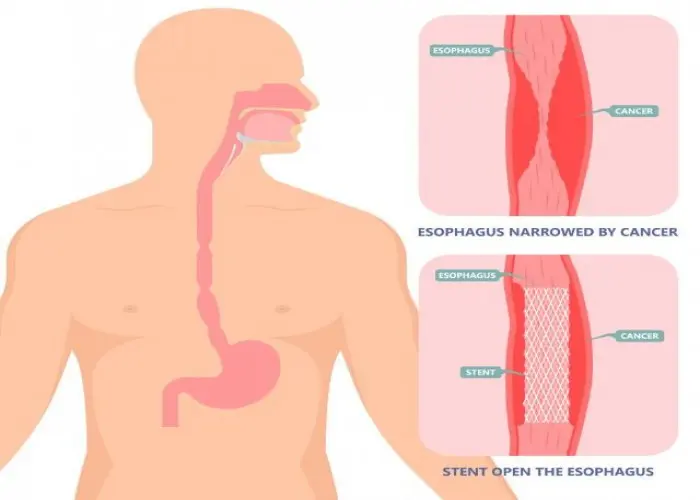
Epiglottitis

Carbon monoxide poisoning

Adrenal cancer
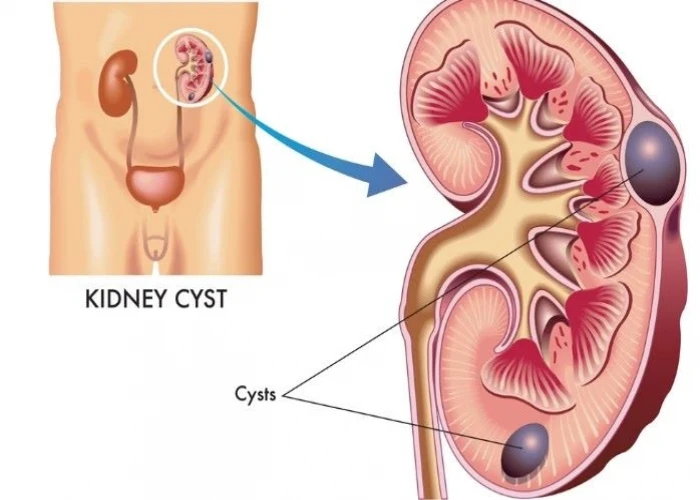
Kidney cysts
Anal cancer, CA rectal, Cancer rectal symptoms, পায়ুপথের ক্যান্সার
To be happy, beautiful, healthy, wealthy, hale and long-lived stay with DM3S.
